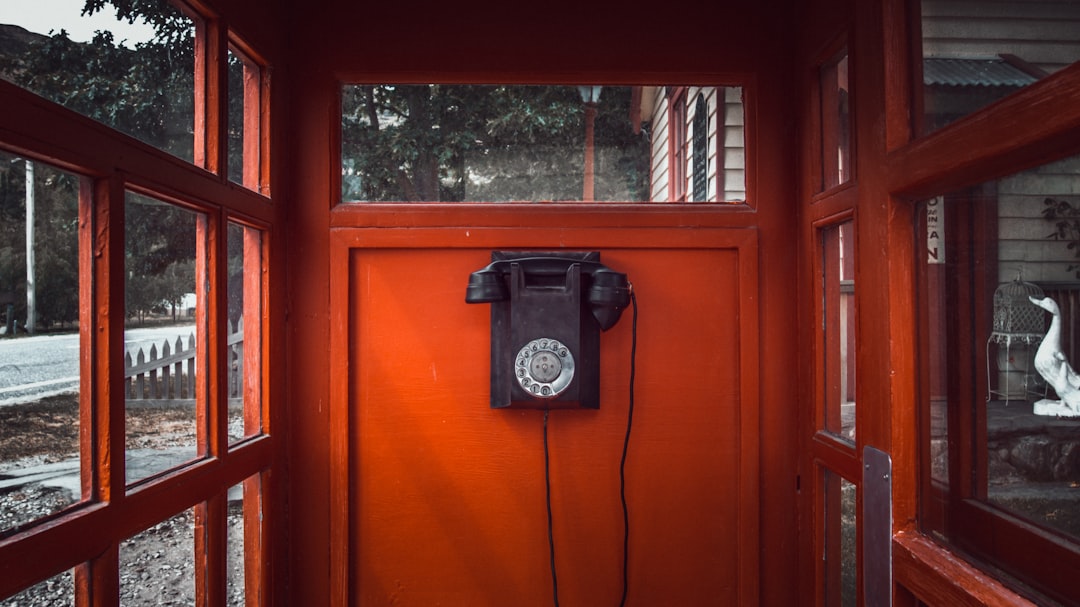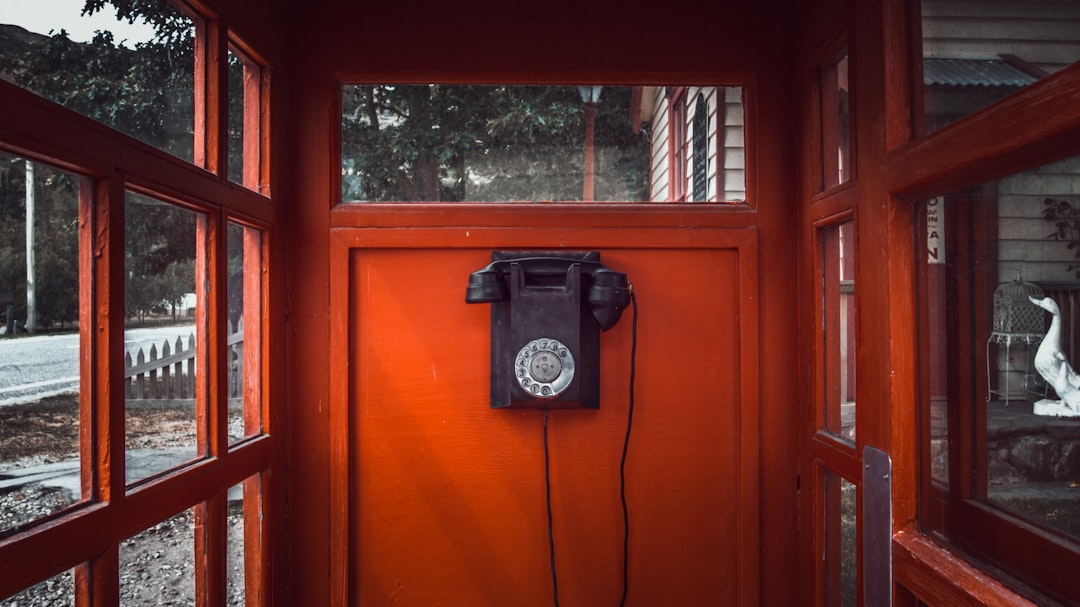Wisconsin's Do Not Call (DNC) laws protect residents from unwanted telemarketing by prohibiting calls to registered numbers. Consumers and businesses can access guidance from Do Not Call Lawyers or Attorneys in Wisconsin to ensure compliance. Building a network of advocates through community engagement, social media, and partnerships is crucial for raising awareness, supporting public outreach, policy advocacy, and legal representation against telemarketing abuses, with specific focus on Do not call Lawyer Wisconsin, Do not call Attorney Wisconsin, and Do not call Law Firm Wisconsin.
Building a robust network of advocates is essential to navigating and amplifying Wisconsin’s strict Do Not Call laws. This comprehensive guide equips individuals and organizations with the tools to defend against telemarketing intrusions. We explore effective strategies, from identifying potential allies among legal professionals and consumer groups in Wisconsin to implementing successful advocacy outreach campaigns. Learn how to cultivate a dedicated network of supporters to protect your rights and influence policy changes regarding Do Not Call regulations in the state.
Understanding the Do Not Call Laws in Wisconsin

In Wisconsin, the Do Not Call (DNC) laws are designed to protect residents from unwanted telemarketing calls. Understanding these regulations is essential for anyone looking to build a network of advocates addressing telemarketing issues in the state. The federal Do Not Call Registry, maintained by the Federal Trade Commission (FTC), offers significant protections, but Wisconsin has its own state-level provisions that supplement these.
Wisconsin’s Do Not Call laws prohibit telemarketers from calling telephone numbers listed on the DNC registry within 30 days of a consumer’s registration. This applies to both live operators and automated calls. Consumers in Wisconsin can register their phone numbers online, over the phone, or by mail with the FTC. Additionally, local attorneys specializing in telecommunications law, often referred to as do not call lawyers or do not call attorneys in Wisconsin, can provide guidance on navigating these regulations, assisting in resolving disputes, and ensuring compliance for both businesses and consumers alike. Engaging such legal experts is crucial for building a robust network dedicated to addressing telemarketing concerns within the state’s legal framework.
Identifying Potential Advocates and Building Relationships

Identifying potential advocates is a crucial step in building your network in Wisconsin’s telemarketing landscape. Look beyond traditional legal circles; focus on community leaders, consumer rights activists, and individuals with personal experiences related to Do Not Call laws. These individuals possess valuable insights and can be powerful allies in raising awareness about the importance of respecting consumers’ privacy. Engage with local business associations, community forums, and social media groups where discussions around consumer protection and telemarketing regulations take place.
Building relationships requires patience and consistency. Foster connections by attending industry events, seminars, or workshops related to telemarketing and data privacy. These gatherings provide excellent opportunities to meet potential advocates face-to-face or virtually. Share resources, collaborate on initiatives, and offer support for their efforts. By fostering genuine connections, you can turn these individuals into loyal advocates who will champion your cause, whether it’s through public outreach, policy advocacy, or representing clients facing Do Not Call violations in Wisconsin.
Strategies for Effective Advocacy and Outreach

Building a network of advocates is key to amplifying your voice and creating change in Wisconsin’s telemarketing landscape. Effective advocacy strategies include leveraging social media platforms to spread awareness, organizing community events where residents can share their experiences, and collaborating with local organizations already active in consumer protection or privacy rights. By utilizing online forums, local news outlets, and partnerships with influential groups, you can reach a wider audience.
Direct outreach to potential supporters is another powerful tactic. Personal stories and clear messaging about the impact of unwanted telemarketing calls can resonate deeply. Engaging with decision-makers, such as state representatives and senators, is also crucial. This can involve writing letters, organizing meetings, or participating in legislative hearings. Remember, a united front of concerned citizens advocating for a do not call law or stricter regulations can make a significant difference in the fight against invasive telemarketing practices across Wisconsin.
Sustaining and Growing Your Network of Supporters

Sustaining and growing your network of advocates is crucial to effectively addressing telemarketing issues in Wisconsin. Organize regular virtual meetings or workshops to keep your supporters engaged, informed, and empowered. Share success stories, case studies, and updates on relevant legislation or legal actions related to Do Not Call regulations in the state. This helps maintain momentum and inspires continued participation. Encourage network members to spread awareness within their circles, fostering a broader base of support for your cause.
Leverage social media platforms, community events, and partnerships with local organizations to expand your reach. Collaborate with like-minded groups or individuals who share an interest in consumer protection, privacy rights, or anti-telemarketing initiatives. By collaborating and sharing resources, you can amplify your impact, attract new advocates, and strengthen your network’s resilience against telemarketing abuses. Remember, a diverse and robust network is key to making sustained progress in navigating the complexities of Do not call laws in Wisconsin.






